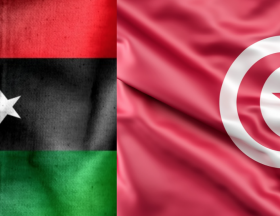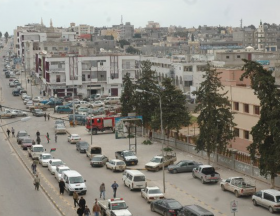In an interview with Bloomberg, Central Bank of Libya (BCL) Governor Seddik Al-Kabir said Libya needs to increase its oil production by almost 40% from its current level in order to meet its oil needs. spending and start reorganizing an economy ravaged by a decade of war (from 1.3 million barrels a day now to 1.8 next year).
While oil revenues only reached USD 3.6bn in 2020 due to the oil blockade, the BCL forecasts oil revenues of around USD 25bn for this year.
The governor also affirmed his determination to unify the Central Bank, which had been divided into two branches (West and East) since 2014. Not significant in this sense, the international audit of the Central Bank carried out by Deloitte and an essential condition above all reunification of the two branches was recently presented to the government on July 8, 2021. If a meeting aimed at working on the reunification of the two branches took place on August 22, this has not yet taken place.
The vice-governor of the BCL and former governor of the eastern branch of the Bank, Ali Al-Habri, recently accused Governor Al-Kabir of abusing power and described him as “the sacked governor”, in reference to an old decision of the House of Representatives dismissing Governor Al-Kabir but which was ultimately ineffective.
Finally, the governor warned about Libya’s total local debt level, which is believed to reach over 270% of GDP, and said the country’s gold reserves currently stand at around 117 tonnes.
Oil ministry says it wants to strengthen cooperation with foreign majors
For his part, the Minister of Oil and Gas, Mohammed Oun, said he was ready to strengthen collaboration between the competent authorities and American, Italian and French oil companies. The American ConocoPhillips, the Italian Eni, the French TotalEnergies and the Spanish Repsol notably have stakes in Libyan oil fields.
Russian energy company Gazprom is also present in the country. Prime Minister Abdulhamid Dbeiba announced that Libya would present substantial investment plans at two oil and gas conferences in Tripoli and Texas later this year. He cited in particular the offers of Eni who would be ready to invest USD 10 billion in various oil fields and of Total whose investment budget in Libya exceeds USD 2 billion.











Réagissez à cet article